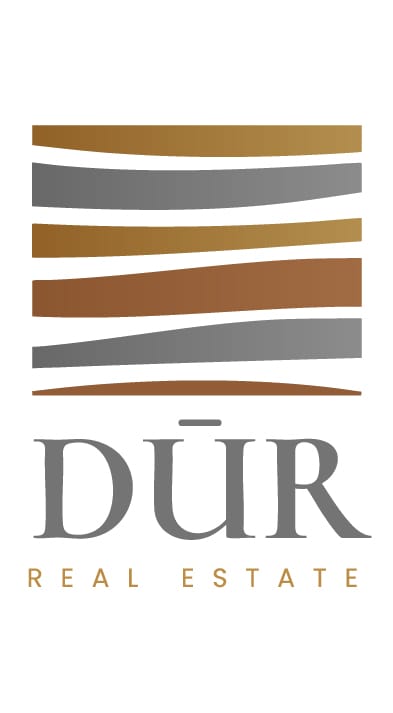Renting property in Saudi Arabia can be a rewarding experience for both landlords and tenants. However, it’s also an area where misunderstandings and disputes commonly arise. From disagreements over rent increases to confusion about lease terms, many conflicts stem from one thing: incomplete or improperly documented agreements. This is why Leasing and Ejari Services Saudi Arabia have become an essential part of modern property management.
If you want to protect your rights and avoid costly disputes, understanding how Ejari registration works—and why it matters—is crucial.
What Is Ejari Registration?
Ejari, an Arabic term meaning “my rent,” is an official system that records rental agreements in a government-recognized database. In Saudi Arabia, this process is overseen by relevant municipal and housing authorities to ensure leases are transparent, standardized, and legally enforceable.
While the concept is widely used in Dubai and other GCC countries, Saudi Arabia has introduced its own regulations requiring landlords and tenants to formalize leases through an approved electronic platform.
With Leasing and Ejari Services Saudi Arabia, both parties gain access to clear, registered documentation that can be referenced if any conflict arises.
Why Is Ejari Registration So Important?
Many landlords and tenants still rely on verbal agreements or informal contracts. However, this can quickly lead to problems, especially if expectations aren’t clearly defined. Here’s why registering your lease through Ejari is critical:
1. Legal Validity
An Ejari-registered lease is recognized by Saudi courts and government bodies. Without it, enforcing any claim—whether unpaid rent or breach of contract—can be difficult or impossible.
2. Clarity for Both Parties
Proper registration ensures all terms, such as payment schedules, renewal conditions, and maintenance responsibilities, are clearly documented. This reduces the chance of misunderstandings later.
3. Access to Utilities and Services
In many municipalities, proof of Ejari registration is required to connect water, electricity, and internet services to the property.
4. Prevention of Fraud
With the official record, landlords cannot lease the same property to multiple tenants simultaneously. Likewise, tenants have proof they are occupying the premises legally.
Common Leasing Disputes and How Ejari Helps Prevent Them
Even the most straightforward rental relationships can go wrong if expectations aren’t properly set. Here are some frequent issues and how Leasing and Ejari Services Saudi Arabia can help you avoid them:
- Disputes Over Rent Increases:
When rent adjustments are not clearly defined, tenants may refuse to pay higher amounts. Registered contracts specify if and when rent can be raised. - Security Deposit Disagreements:
Landlords sometimes withhold deposits, claiming damages or unpaid dues. A registered lease outlines the exact conditions for refunding or deducting deposits. - Early Termination Issues:
Tenants who leave before the lease expires may face penalties, but if this isn’t recorded in an Ejari-registered agreement, recovering losses becomes harder. - Maintenance and Repair Responsibilities:
Without clear documentation, arguments over who should pay for repairs can escalate. Ejari registration formalizes these terms.
Steps to Proper Ejari Registration in Saudi Arabia
To avoid unnecessary problems, it’s important to follow the correct steps when registering your lease. Here’s how the process typically works:
- Prepare the Required Documents
Gather identification for both parties, property ownership proof, and a draft lease agreement. - Submit Through the Official Portal
Landlords (or authorized agents) enter all details into the approved Ejari system. - Review and Confirm
Both parties should review the lease to ensure all terms are accurate before approval. - Pay Registration Fees
A nominal fee is usually charged for processing. - Receive the Ejari Certificate
This document confirms your lease is legally registered.
Many property owners prefer to outsource this process to professionals who specialize in Leasing and Ejari Services Saudi Arabia to save time and reduce the risk of errors.
Best Practices for Landlords and Tenants
Whether you are renting your first apartment or managing multiple properties, these tips will help you avoid disputes:
- Never Rely on Verbal Agreements
Always put every detail in writing and ensure it is registered. - Verify Registration Status
After submission, double-check that your lease appears in the official system. - Keep Copies of All Documents
Store digital and hard copies of your Ejari certificate and contract. - Communicate Clearly
Discuss any issues or requests early to prevent misunderstandings. - Use Professional Support
Specialized services help you stay compliant and avoid penalties.
The Value of Professional Assistance
Many landlords underestimate how time-consuming it can be to handle leasing paperwork and Ejari registration. Mistakes—like entering incorrect dates or missing attachments—can delay the process or cause legal headaches later.
With professional Leasing and Ejari Services Saudi Arabia, you can be confident your agreements are properly prepared and registered. Advisors can also provide guidance on market-appropriate terms, rent regulations, and tenant relations.
Conclusion
Leasing disputes are often expensive, stressful, and avoidable. With the right approach, you can protect yourself legally and financially while maintaining a positive relationship with your tenants.
If you’re ready to make property management easier and more secure, DUR Real Estate offers trusted expertise in Leasing and Ejari Services Saudi Arabia. Their team can handle the paperwork, advise on compliance, and give you the peace of mind that comes from knowing your leases are registered properly and professionally.




Leave a Reply